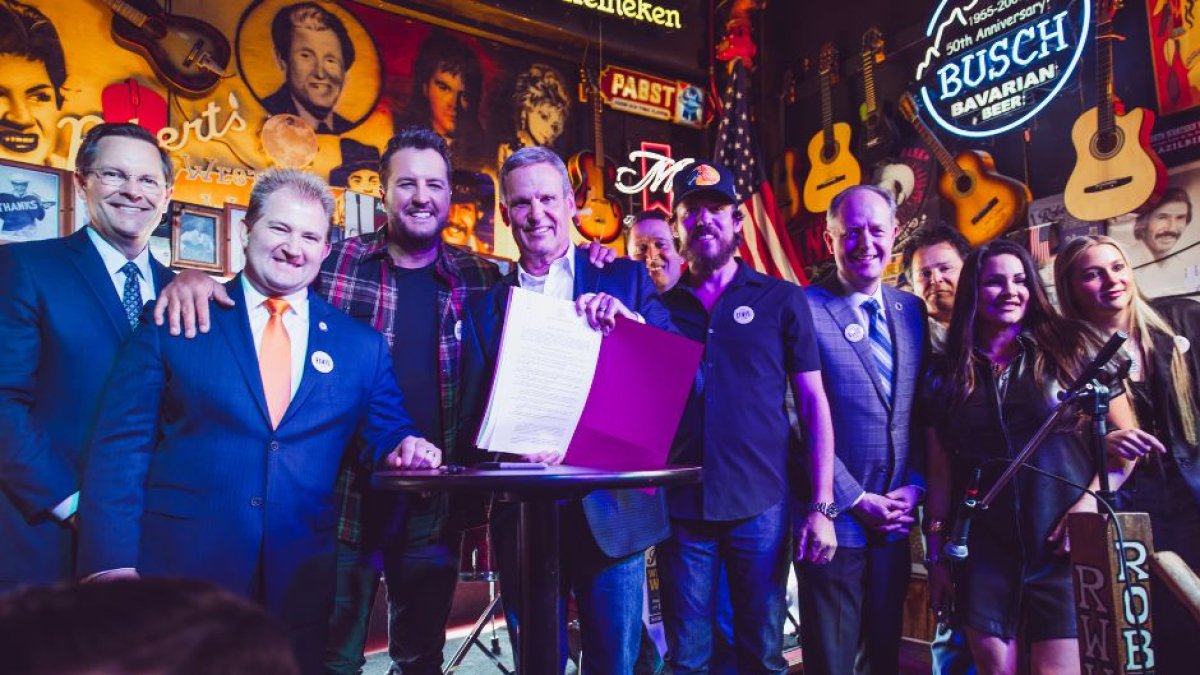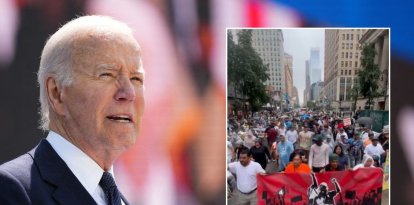ELVIS Law: Tennessee, first state to protect artists against threats from artificial intelligence
Republican Governor Bill Lee signed into law the Safe Image and Voice Act.

(Brandon Hull / Tennessee Governor's Office)
In mid-March, Tennessee became the first state to protect artists, and specifically musicians, against the threats of artificial intelligence. Republican Governor Bill Lee signed into law the Ensuring Safety of Image and Voice Act (colloquially referred to as the ELVIS Act), a measure that updates the Personal Rights Protection Act and is supported by Elvis Presley's family:
More than 61,000 jobs in Tennessee depend on music
The regulations no longer only regulate the name, image and likeness of artists but, the governor's office said in a statement, include "protections for the voice of composers, performers and professionals in the music industry against the improper use of artificial intelligence":
A law that, Bill Lee clarified, helps protect the more than 61,000 jobs generated in the state by the music industry. Activity for which, he added, more than 4,500 music venues in the region were allocated:
The ELVIS Act, supported by state politicians and the music industry
The rule has the support of state legislators who spoke in favor of the measure. An example of this can be seen in the words spoken by the majority leader in the House of Representatives, William Lamberth, who stated that the Elvis Law maintains "public trust" and does not jeopardize "the future livelihood of an entire industry":
The music industry was also in favor of the new law. Mitch Glazier, president and CEO of the Recording Industry of America (RIAA) assured to The Tennessean that the law was further proof that "when the music community stands together, there's nothing we can't do":
























